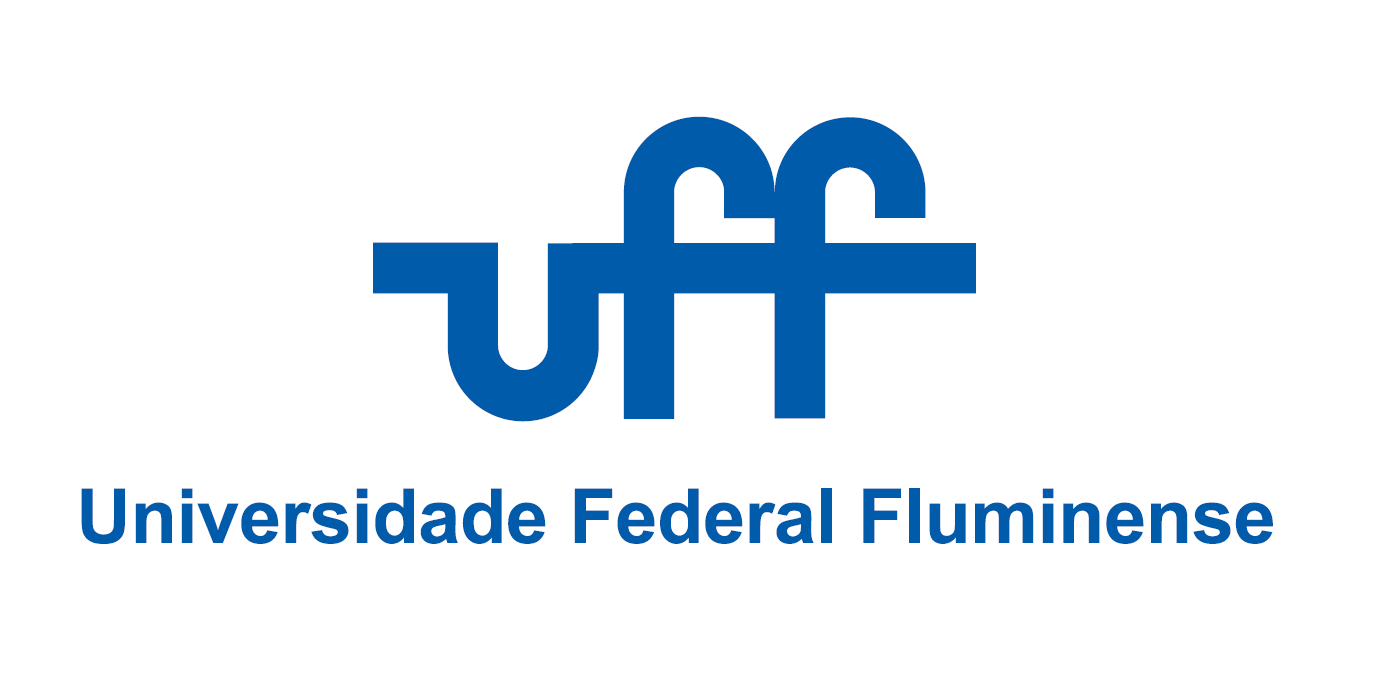Welcome of participants and presentation of speakers
Francisco Loiola - Master of ceremonies
Pure and applied phenomenology
Dan Zahavi
The circularity of the embodied mind
Thomas Fuchs
Pragmatism in cognitive science: Before and after enactivism
Shaun Gallagher
Debate and closure
Break (1 hour)
Welcome of participants and presentation of speakers
Theoretical, methodological and practical development of a pragmatism-inspired ethics and its links to action
Eric Racine, Ariane Quintal and Abdou Simon Senghor
Individuation, through and beyond dead ends. The scope of the abductive and iconic dimensions of meaning in an enactive and semiological conception of experience
Deli Salini
Enhancing clinical intuition as second-order complex thinking: Enactivist foundations and challenges
Ana Teixeira de Melo
Debate and closure














